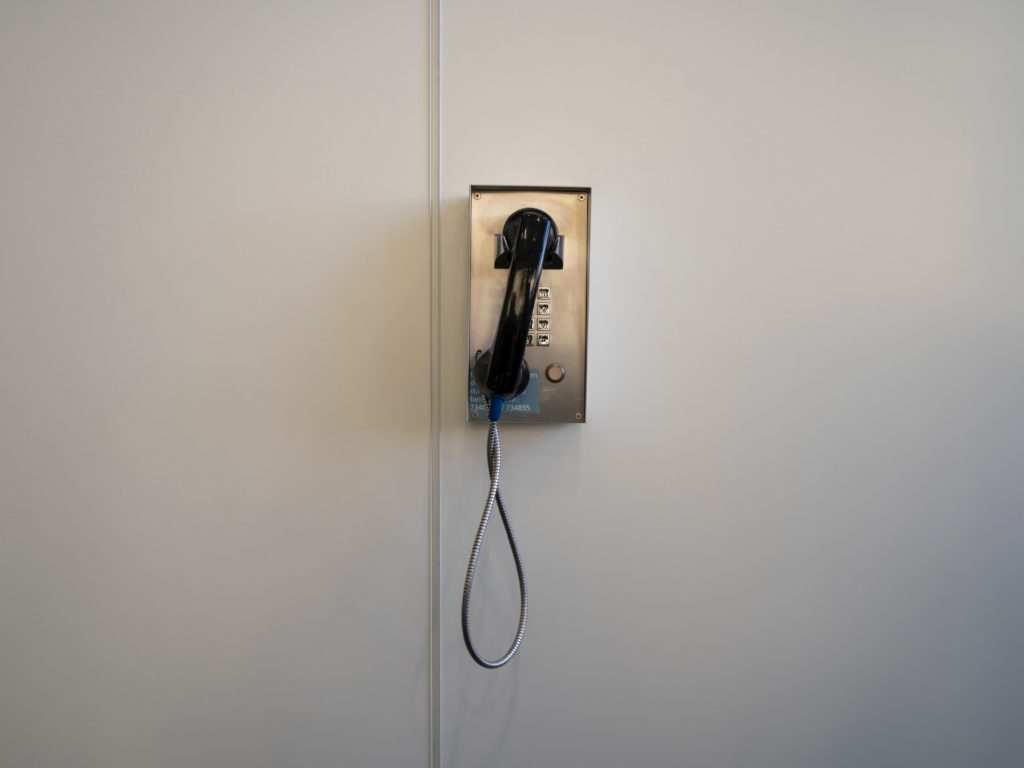
Insights
November 3, 2020Convert discontinuation profit into annuity
If you work as a sole proprietor and you sell your business or convert it to a BV (private limited company), you’re obliged to calculate profit. You pay income tax on this. Since this profit can be a considerable sum, this can also lead to a considerable amount of tax payable. But there are ways to reduce this tax.
Discontinuation profit
The discontinuation profit is the difference between the book value of your company and its actual value. The actual value is the amount for which you can sell the company to any third party. The difference is often in the goodwill. Goodwill in a company is often intangible e.g. a good reputation, network, expected contracts, etc.
Once the discontinuation profit has been calculated, you pay tax on the difference. If you’re selling your business, this calculation will be quite simple: there’s a difference between the book value and the amount you receive. This amount is what a third party has paid for it. This is the discontinuation profit. Things get a little more difficult when a sole proprietorship is converted to a BV. In this case, a fictitious goodwill and discontinuation profit must be determined on which you pay tax. As we explained in the article Converting a sole proprietorship to a BV, you can opt for a silent transfer to avoid having to pay tax on the discontinuation profit.
If the discontinuation profit isn’t particularly high, or if you still have losses from previous years that need to be settled, it can be advantageous to opt for a transfer of assets subject to tax. In general, you do have to pay tax on the discontinuation profit in this situation. To reduce the discontinuation profit, you can convert it into annuity.
Converting into annuity
An annuity is a periodic payment that is paid out as soon as a certain condition arises; usually when you reach retirement age. For this, premiums were paid in the past. The pay-out of the annuity is subject to income tax.
When you make profit on the discontinuation of your business, the law provides a number of options to reduce the tax you pay on this. Everyone is entitled to a discontinuation deduction of €3,630 which is deducted from the discontinuation profit. Then there’s a deduction of the SME profit exemption (14%) over the remainder of the profit. On what’s left of the profit after all that, you pay income tax. In case of a discontinuation profit of €200K, you still pay tax on €168,878 ((200,000-3,630)*86%).
Fortunately, there’s the possibility to pay no or less tax on this discontinuation profit at that point. You can convert the profit into an annuity. This means that you can deposit a certain amount in an annuity policy. You don’t pay tax on this at that very moment.

You only pay income tax when the annuity is paid out. This provides you with a temporary tax deferral, so you won’t run into liquidity problems.
The amount of discontinuation profit you’re allowed to convert into an annuity depends on your age. Simply put: the older you are when discontinuing the business, the higher the annuity deduction. This can even add up to €443,059.
Taking everything that’s mentioned in this article into account, it appears that, even if you make a high discontinuation profit, you won’t immediately have to pay tax on this when you apply the various schemes available.




